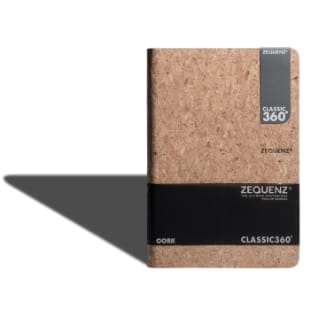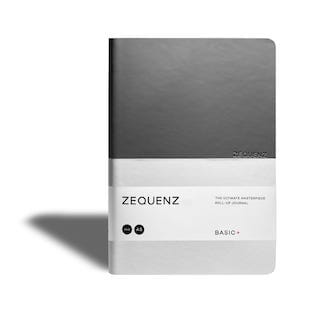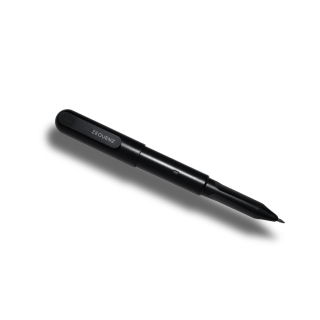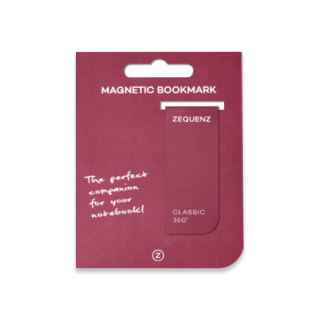The Power of Journaling: How to Start a Daily Writing Habit
Journaling is one of the most effective ways to express thoughts, document experiences, and reflect on personal growth. A simple notebook and pen can become powerful tools for self-discovery and creativity. Many people find that keeping a journal helps them manage stress, set goals, and track their progress over time. However, starting a daily journaling habit can be challenging, especially if you are unsure how to begin. In this article, we explore the benefits of journaling and provide practical tips to help you get started on this rewarding journey.
Why Journaling is Beneficial
Writing down your thoughts and experiences can have numerous benefits for both mental and emotional well-being. Here are some reasons why journaling is a valuable practice:
- Stress Relief: Journaling provides an outlet for releasing pent-up emotions and processing stressful situations. Writing about your feelings can help clarify your thoughts and provide a sense of relief.
- Improved Mental Clarity: By putting your thoughts on paper, you can gain a clearer perspective on issues that may be troubling you. This process helps you organize your thoughts and find solutions to problems.
- Tracking Progress: Journaling allows you to look back and see how far you have come. Whether you are tracking personal goals, fitness progress, or emotional growth, it is motivating to reflect on your journey.
- Creativity Boost: A journal can also be a space for creative expression. Whether it’s writing poetry, sketching, or brainstorming new ideas, a journal is a blank canvas for your creativity.
Tips for Starting a Daily Journaling Habit
1. Choose the Right Journal
The first step in starting a journaling habit is selecting a journal that suits your needs. Some people prefer lined notebooks for structured writing, while others enjoy blank pages for more creative freedom. Choose a journal that feels right for you, one that you will look forward to using each day. Investing in a high-quality journal, like those from Zequenz, can make the experience even more enjoyable.
2. Set Aside Time Each Day
Consistency is key when it comes to developing a journaling habit. Set aside a specific time each day to write in your journal. It could be in the morning to set intentions for the day or at night to reflect on your experiences. Even if you only write for five minutes, the act of regular journaling can have a profound impact on your mental and emotional health.
3. Start with Simple Prompts
If you find it difficult to know what to write about, start with simple prompts. Here are a few ideas to get you started:
- What are you grateful for today?
- What was the highlight of your day?
- What challenges did you face, and how did you overcome them?
- Describe a moment that made you feel happy recently.
These prompts can help you ease into the habit of writing and provide a structure for your journaling sessions.
Overcoming Common Challenges
Many people struggle to keep up with journaling because they feel self-conscious or worry about writing the "right" things. Remember, your journal is a personal space where there are no rules or judgments. Write whatever comes to mind, and don't worry about grammar, spelling, or making sense. The purpose of journaling is to express yourself freely and authentically.
An experienced writer once shared their thoughts on the importance of consistency in journaling: "Η καθημερινή γραφή είναι σαν μια αναζήτηση, όπως όταν κάποιος αποφασίζει να επισκεφτεί το ice casino 41. Είναι μια διαδικασία εξερεύνησης και ανακάλυψης που μπορεί να προσφέρει απίστευτη εσωτερική γαλήνη."
Personalizing Your Journal
Your journal is a reflection of you, so don’t be afraid to personalize it. Add doodles, stickers, or photographs to make it uniquely yours. You can even create sections in your journal for different purposes, such as goal-setting, dream logging, or daily affirmations. The more your journal feels like a personal sanctuary, the more likely you are to use it consistently.
Track Your Progress
One of the most rewarding aspects of journaling is the ability to track your growth over time. Revisit previous entries occasionally to see how your thoughts and feelings have evolved. This practice can offer valuable insights into your personal development and motivate you to keep moving forward.
Conclusion
Journaling is a simple yet powerful practice that can significantly enhance your mental and emotional well-being. By setting aside time each day to write, you create a space for reflection, creativity, and personal growth. Remember, there is no right or wrong way to journal. The key is to make it a habit that fits into your daily routine and brings you joy and clarity. So, grab a journal and start writing – you'll be surprised at the positive changes it can bring to your life.
Your cart











